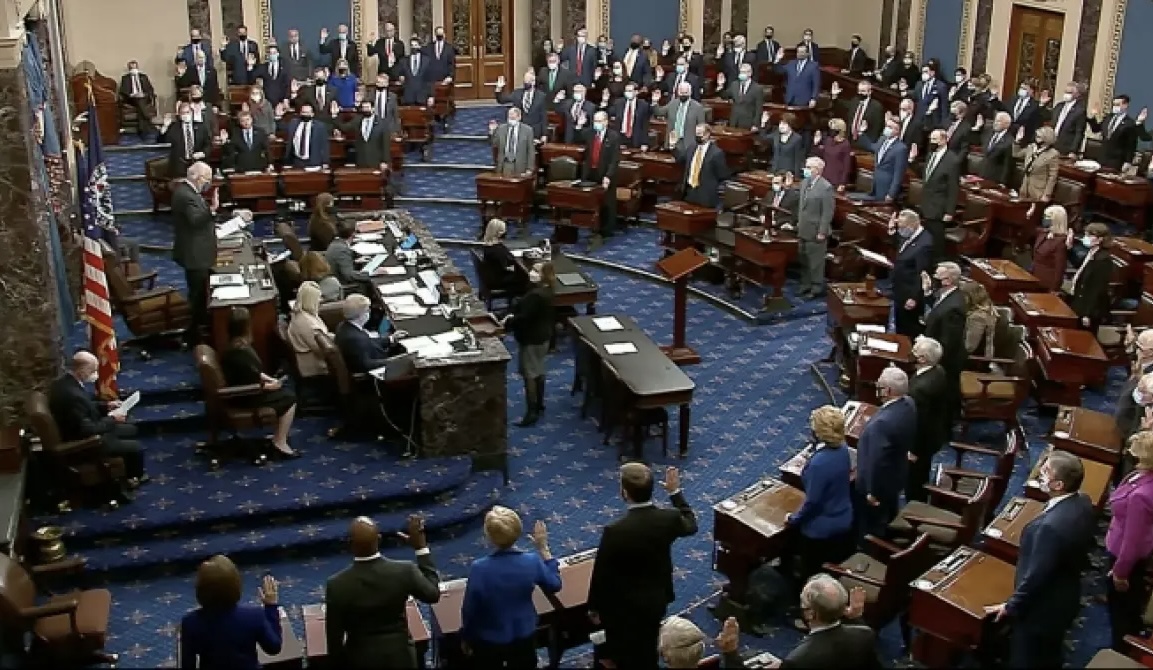Cherished Democratic Senator Dies; Significant Changes in Democratic Leadership Revealed
The political world is mourning the loss of Florida state Senator Geraldine Thompson, a long-serving advocate for education, healthcare, and civil rights. The 76-year-old passed away on Thursday due to complications following knee replacement surgery. Her family released a statement that praised her lifelong commitment to public service, highlighting her work in education, healthcare, and civil rights. The statement also mentioned her leadership in establishing the Wells’Built Museum of African American History and Culture in Orlando, a testament to her dedication to preserving and advancing African American history.
Thompson was a respected figure in Orlando, where she served nearly two decades in the Florida Legislature. Throughout her career, she held prominent roles, including vice chair of the Appropriations Committee on Pre-K-12 Education. Her political journey began in 2006 when she was first elected to the Florida Legislature. She quickly gained a reputation as a staunch advocate for underserved communities, pushing for policies that supported civil rights and improved educational opportunities. Thompson’s legacy in Florida is marked by her focus on fiscal policies that uplift marginalized groups, earning her respect and admiration as a dedicated public servant.
Thompson’s passing comes at a time of transition within the Democratic Party, with notable changes taking place in both state and national leadership. In a surprising move, two prominent Democratic senators announced that they would not seek reelection in 2026, signaling a potential shift in leadership. Minnesota Senator Tina Smith made the announcement in a heartfelt video shared on X (formerly Twitter), stating that after two decades of public service, she is ready to spend more time with her family. Smith, who has been a strong advocate for Minnesotans throughout her career, expressed pride in her work but cited the joy of watching her four grandchildren grow up as a key factor in her decision. She reassured her supporters that Minnesota has a deep pool of talent, ensuring that her departure would pave the way for new leadership.
Similarly, Michigan Senator Gary Peters, 66, also announced his decision not to run for reelection after two terms in the Senate. Peters, who has a long history of service in both the House and Senate, explained that his decision was a choice to make room for fresh leadership. He emphasized that stepping aside would allow the next generation to take over, ensuring that the work continues. His departure opens up Michigan’s Senate seat, likely making it a major battleground in the upcoming election, which could have significant implications for the balance of power in the Senate.
These announcements from Senators Smith and Peters, combined with the loss of Senator Thompson, mark a turning point for the Democratic Party. Thompson’s passing leaves a void in the Florida Legislature and highlights the broader challenges the party faces in maintaining leadership from long-serving figures. At the same time, Smith and Peters’ decisions signal an intentional generational shift. Both senators have dedicated years to public service, but they now feel the time is right to pass the torch to the next wave of political leaders.
The Democratic Party is at a crossroads, as many members believe it is time to nurture new leadership to better address the evolving challenges of modern governance. Issues such as rising living costs, healthcare accessibility, and educational inequality are pushing the party to rethink its approach. Critics argue that experienced leaders may no longer be as in tune with the needs of working-class Americans, and fresh perspectives are necessary to effectively tackle these concerns.
However, there is concern among party loyalists that stepping away from experienced leadership could weaken the party’s ability to combat the Republican agenda. While some argue that renewal is essential for progress, others fear that it could result in a loss of institutional knowledge and political strategy. As the Democratic Party moves forward, balancing respect for its legacy with the need for innovation will be critical.
The 2026 elections will be a defining moment for the party, testing its ability to adapt to shifting political dynamics and generational changes. The impact of Senator Thompson’s legacy and the decisions of Senators Smith and Peters will likely influence future policy debates and shape the trajectory of the party for years to come. With a new generation of leaders emerging, the Democratic Party faces both the challenge and the opportunity to reinvent itself while continuing to fight for the causes championed by its longtime advocates.
